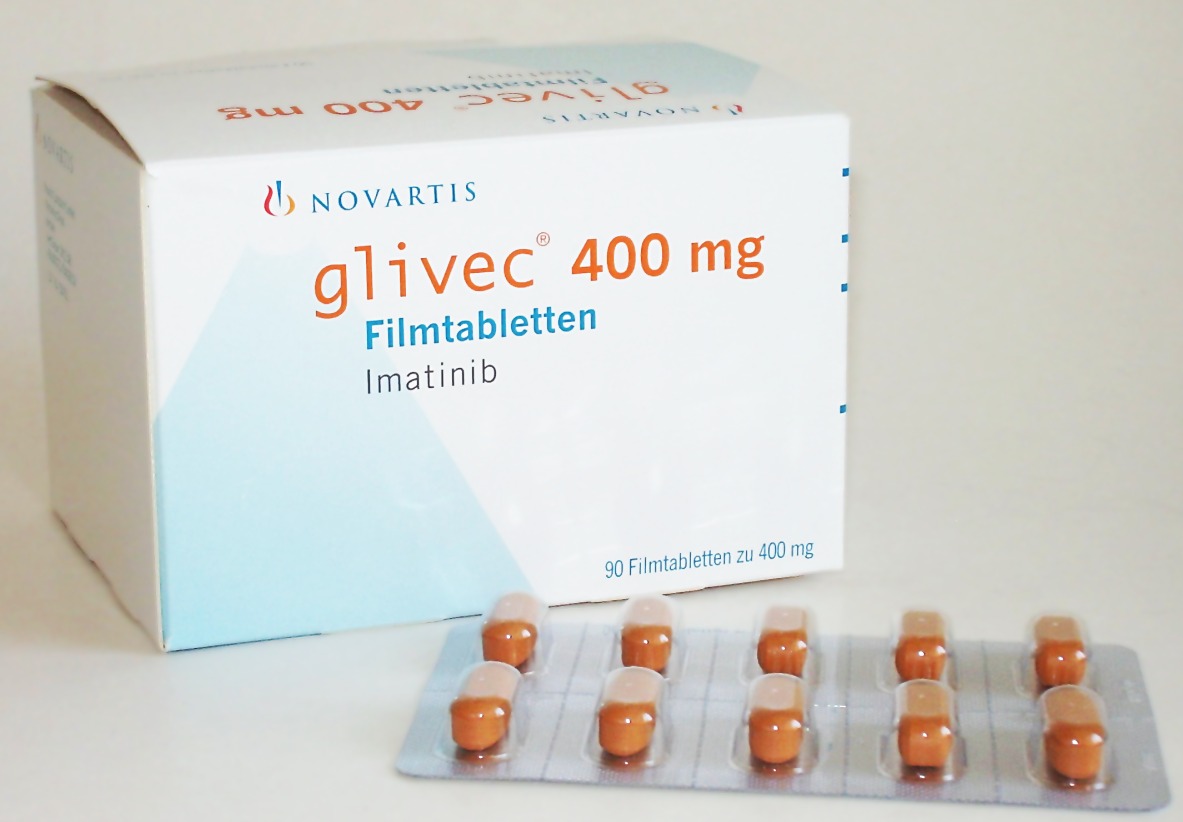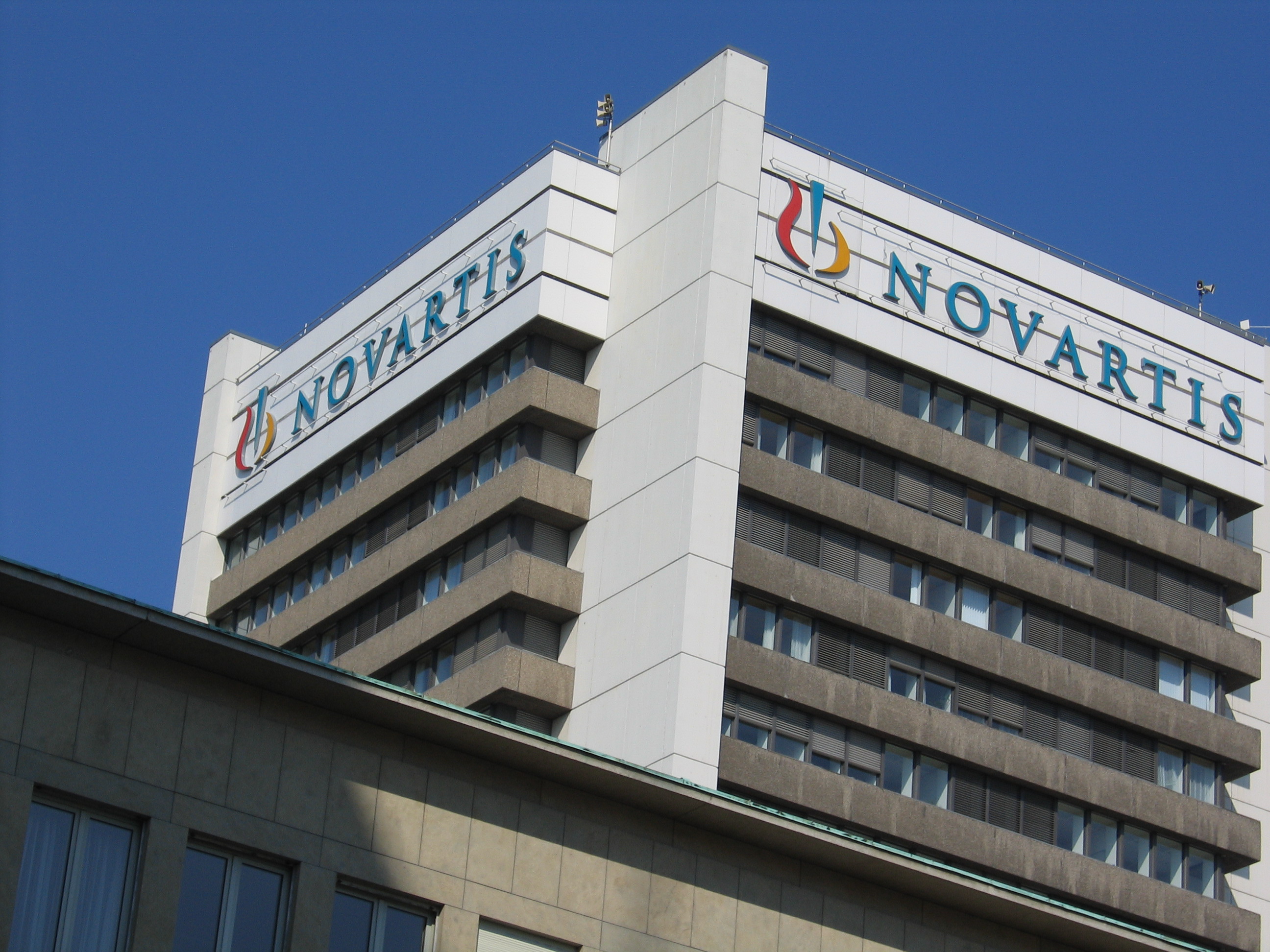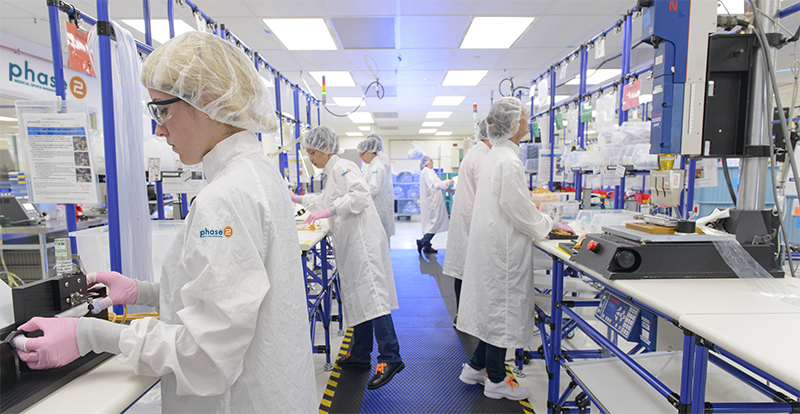The Backdoor Way the United States Pressures Other Countries to Keep Drug Prices High

By:
Colombia is worried that the U.S. government will pull $450 million in funds promised to the country this year, if it attempts to lower the price of a bestselling cancer drug.
 Wikimedia - wikimedia.org
Wikimedia - wikimedia.org
A one-year supply of Gleevec (also sold as Glivec), a cancer drug manufactured by the pharmaceutical company Novartis, costs nearly double the per capita income of individuals in Colombia, The Huffington Post reports. In an effort to make the drug more affordable, Colombia wants to issue a "compulsory license," which would allow competitors to sell generic versions of the drug for a dramatically lower price.
After meeting with U.S. officials, however, Colombian diplomat Andrés Flórez wrote a letter alleging that members of Congress with ties to the pharmaceutical industry might resort to denying funds that President Obama pledged to the country in February — funds meant to help Colombia combat Marxist rebels in an ongoing conflict — if Colombia goes forward with the compulsory license.
 Wikimedia - wikimedia.org
Wikimedia - wikimedia.org
Knowledge Ecology International, a nonprofit group that leaked the letters from Flórez earlier this month, wrote a letter to Sen. Orrin Hatch (R-Utah), the chairman of the Senate Finance Committee who was reportedly involved in the Gleevec discussion, requesting clarification on the issue.
"If these letters sent by the Embassy of Colombia are accurate, this is a highly inappropriate and wholly objectionable attempt to interfere with the right of the Colombian government to proceed with this compulsory license through threats and distortions," Knowledge Ecology International, joined by three public health organizations, wrote. "In our view it is particularly unconscionable that this be tied in any way to funding to support the peace process."
The Office of the U.S. Trade Representative and "members of the Senate Finance Committee" were named in Flórez's letter as parties that resisted Colombia's compulsory license proceedings for Gleevac. Both have denied threatening to take away peace funding and spokespersons for USTR and Hatch said that the meeting with Colombian officials was routine business, The Huffington Post reports.
 Knowledge Ecology International - huffingtonpost.com
Knowledge Ecology International - huffingtonpost.com
But Colombia Health Minister Alejandro Gaviria says that the controversy is part of an ongoing effort by the pharmaceutical industry to prevent middle-income countries from controlling drug pricing.
"They're very afraid that Colombia could become an example that spreads across the region," Gaviria told The Associated Press. "For us, it's a question of survival."
Novartis contends that Colombia has had control over the pricing of Gleevec since 2011 and that two generic versions of the drug already exist. "But the Health Ministry says generic competition that previously existed has been all but driven out by Novartis' aggressive marketing and competitors' fear of prosecution for infringing the patent," the AP reports.
 Wikimedia - wikimedia.org
Wikimedia - wikimedia.org
The patent on Gleevec recently expired in the U.S., causing sales to plummet 40 percent in the first quarter of 2016. In Colombia, however, Novartis' patent on the drug isn't set to expire until 2018. Novartis rejected Colombia's proposal to lower the cost of Gleevec this year, arguing that such pricing and patent negotiations should only take place under extraordinary circumstances.
Novartis is "actively seeking a resolution to discussions around our Glivec patent in Colombia that benefits patients, innovation and the health care system," spokesman Eric Althoff told the AP.
ATTN: reached out to Novartis, the Office of the U.S. Trade Representative, Sen. Hatch's office, and the Colombian Embassy for comment. Representatives were not immediately available.
